Speaking at the Arab Steel Summit, Yomna El-Shabrawy, Head of the Trade Solutions Sector at Egypt’s Ministry of Investment and Foreign Trade, explained the country’s role in protecting its domestic industries against unfair trade practices.
El Shabrawy announced that the memorandum of understanding signed in February between the Egyptian Trade Representative and the Omani Ministry of Industry and Investment has strengthened industrial and investment cooperation between the two countries. She noted that the first joint industrial committee meeting could take place in Cairo from October 26–30.
The presentation agenda included the protection of fair trade.
El-Shabrawy explained that while states take on the role of protecting domestic industries from unfair trade practices, they do so within the framework of World Trade Organization (WTO) agreements. She outlined three main tools that countries use in this process as follows:
- Anti-Dumping Measures
- Subsidy and Countervailing Measures
- Safeguard Measures
El-Shabrawy stated that the framework of international trade emerged following the protectionism crises of the 1930s, taking shape with the establishment of GATT in 1947 and later the WTO in 1995.
She explained with the steel sector.
In her presentation, El Shabrawy, with a particular focus on the iron and steel industry, noted that steel is one of the sectors most affected by trade measures worldwide.
''The U.S. imposed a 25% tariff on steel imports, while Türkiye applied anti dumping duties of up to 256% on imports originating from China. The EU took similar measures in countries such as Mexico and South Africa.''
El-Shabrawy noted that global steel production increased from 2 billion tons in 2019 to 2.4 billion tons in 2024, but consumption did not grow at the same rate. She explained that the resulting oversupply has driven prices down, putting domestic producers under pressure.
Examples from Egypt
El Shabrawy reported that between 1997 and 2025, Egypt initiated over 120 trade measure investigations, of which 100 were related to anti-dumping, 16 to safeguards, and 4 to subsidies.El Shabrawy noted that the sectors receiving the most protection are chemicals, metallurgy, engineering, textiles, food, and construction materials. She added that, particularly in the metal industry, employment has increased following anti-dumping measures on Chinese imports.
“The goal is not to restrict trade, but to ensure fair competition.”
Emphasizing that trade restrictions are meant not to limit trade but to protect fair competition, El Shabrawy stated that countries can safeguard their industries more sustainably through the effective use of these tools.
A Shared Arab Vision: Fair Trade and Industrial Development
El Shabrawy outlined her recommendations for Egypt and Oman as follows:
- Promote cooperation within the framework of WTO rules,
- Provide training on trade-related matters to both the public and private sectors,
- Defend Arab exporters in intellectual property investigations,
- Leverage Egypt’s experience to maintain a balance between fair trade and industrial protection.


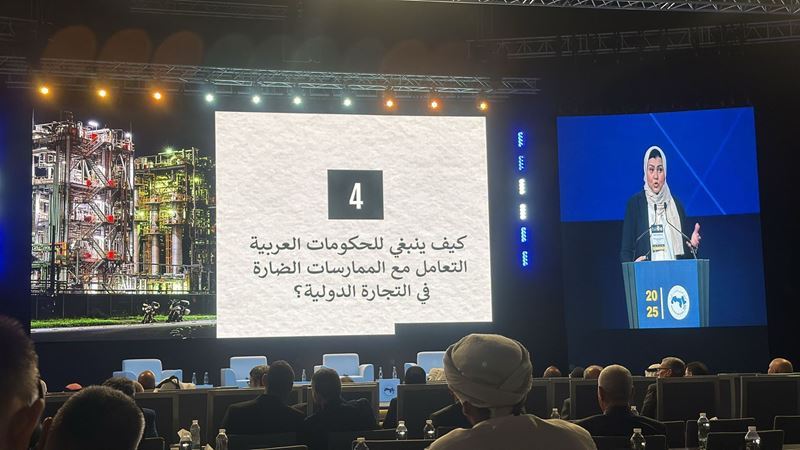


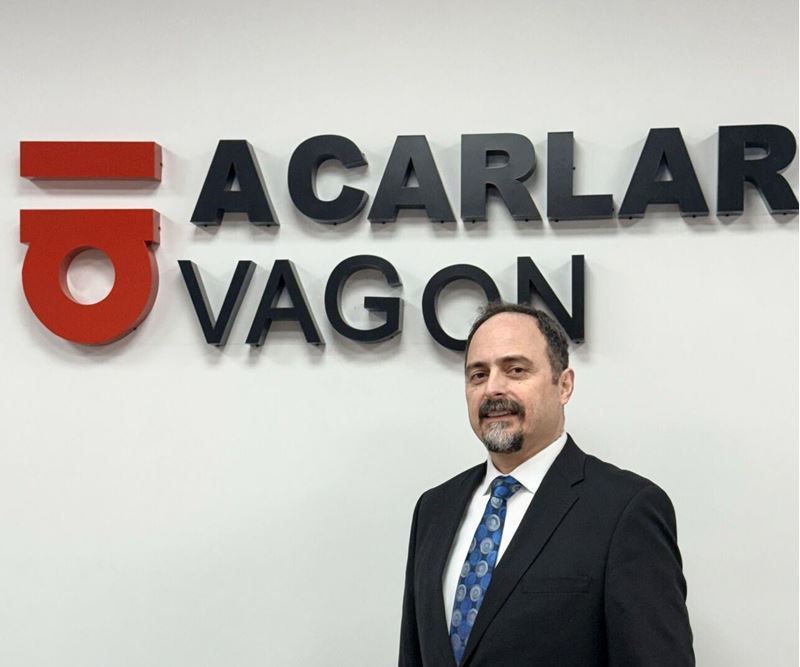
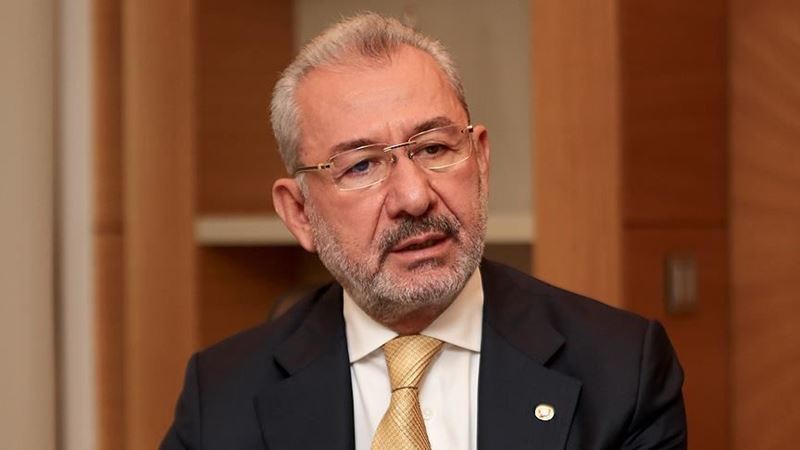
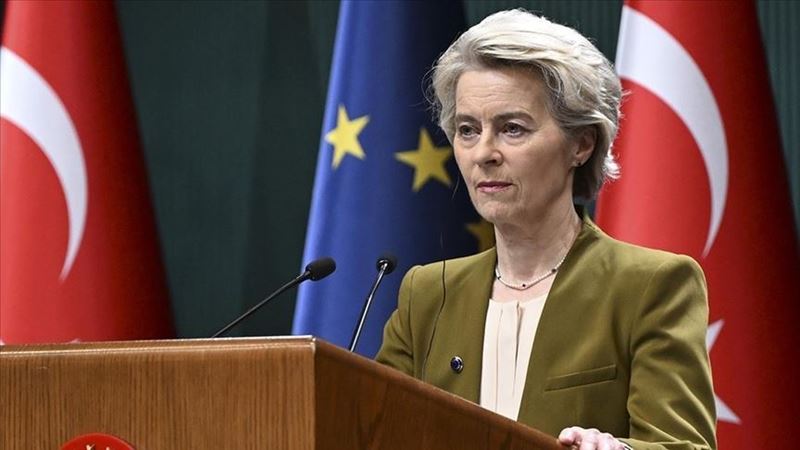
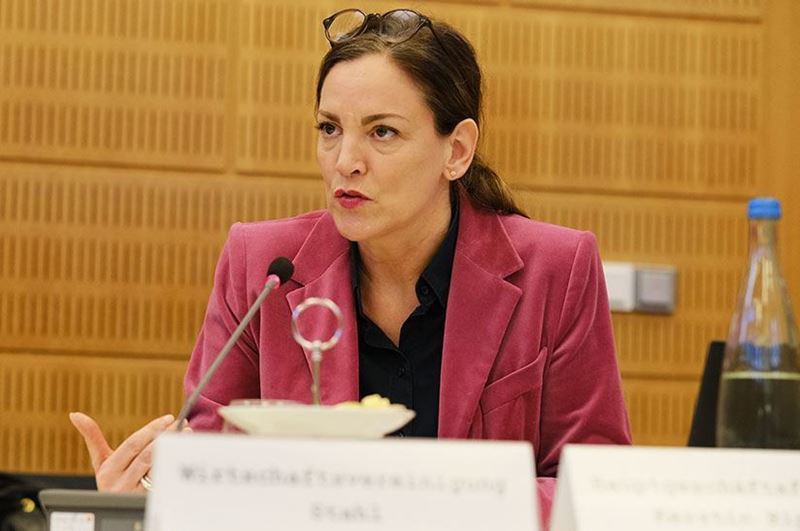


Comments
No comment yet.